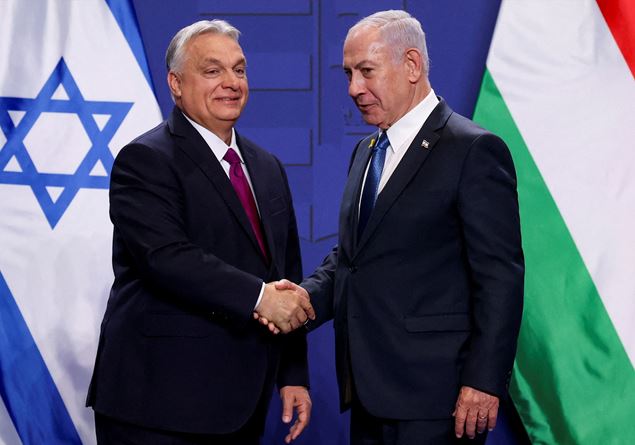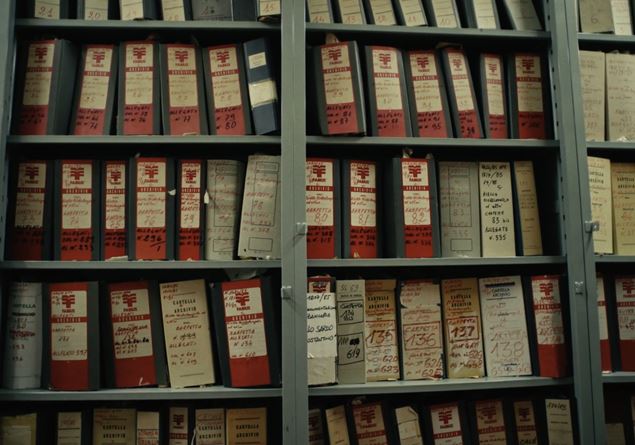An ancient tape recorder, the magma of the volcano and the voice of judge Falcone. These are the symbolic elements that guide the narrative of the documentary film Magma. Mattarella, the perfect crime, produced by Mauro Parissone, Ferruccio De Bortoli, founders of “42nd parallel”, and Antonio Campo Dall’Orto, executive producer. The documentary reopens the debate on the mystery of Piersanti Mattarella’s death. With the pace of a thriller and the weight of a true story, it connects the Mattarella crime to the Bologna massacre of 2 August 1980. The national preview is set for 9 January in Rome, at the Moderno cinema, followed by a second screening on January 16th at the Modernissimo in Bologna. «This is not just a story», explains Giorgia Furlan, young director and author together with Alessia Arcolaci and Chiara Atalanta Ridolfi, «it is an operation on memory. We wanted to dress up the facts with a modern language, capable of speaking even to the youngest.”
The work starts from an impressive amount of documents: over 30 thousand pages including sentences, newspaper articles and procedural documents. The result is not a classic investigation, but a “putting in order”, as the director herself defines it, of a complex and crucial affair for the history of the Republic. The documentary film starts from the absence of a definitive truth about the Mattarella assassination. The investigations and trials have provided partial and sometimes contradictory answers. «Perhaps the real mystery is this», reflects the journalist Attilio Bolzoni, one of the voices of the project, «is it normal that the President of the Republic does not know who killed his brother?». The film uses the volcano as a metaphor for the complexity of the case: Etna and Stromboli become symbols of the tension and “emotional roar” linked to the search for the truth.
«Rereading the facts, I was struck by a coincidence», reflects Giorgia Furlan, «the arrival in Sicily of Sindona, a mafia banker linked to P2, in 1979, coincides with an intense eruptive activity of Etna. It’s as if nature itself had reacted.” Another powerful element is the homage to the great director and documentary maker Vittorio De Seta, through shots that evoke the poetic realism of his works. Among the protagonists there is also Maria Grazia Trizzino, who was head of cabinet of the president of the Sicily Region Mattarella. The documentary film aims not only to reopen a historical wound, but to question the viewer on broader questions: is it possible to accept that certain crimes go unpunished? The answer, for now, is entrusted to memory, which burns and shakes like an erupting volcano.








